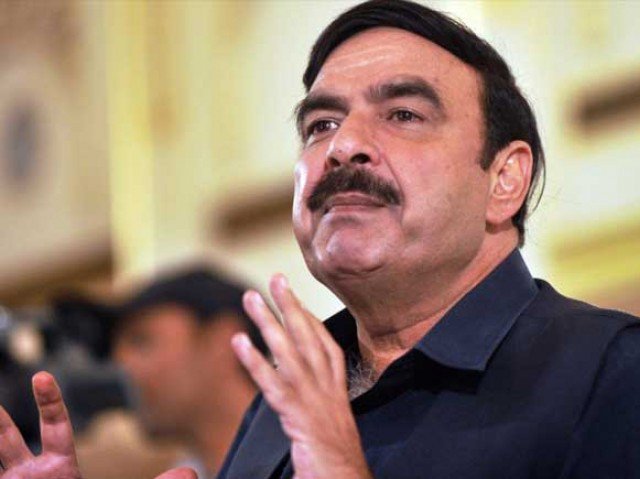Pakistan and the Republic of Korea will soon conclude an MoU to preserve and promote Gandhara Buddhist heritage, Korean Ambassador to Pakistan Suh Sangpyo revealed this at an event organised in connection with his country’s National and Armed Forces Day. The ambassador said this MOU is expected to facilitate the Korean Buddhist tourism project which was discussed when the president of Jogye order, the biggest Buddhist sect in Korea, came to Pakistan back in 2019. Alluding to the cooperation between the two countries in different sectors, Suh Sangpyo pointed out that the Korean companies are increasing investments to Pakistan. In automobile sector, Korea cars, Hyundai and Kia, are locally being produced. In mobile phone business, Samsung Electronics are establishing an assembly line in Karachi and once established as planned by December, the factory will produce three million units of mobile phones a year and provide job opportunities to the locals. The Korean envoy said his country has also doubled Economic Development Cooperation Fund for Pakistan from $ 500 million to $ one billion for five years, starting from next year. Five projects of $40 million are in progress, whilst next year two more projects amounting to $15 million will also be added, he said.
متعلقہ مضامین
-
People rejected narratives of Nawaz, Maryam: Usman Dar
-
Workers real asset of PPP: Yusuf Raza Gilani
-
Shibli expresses disappointment over New Zealand series cancellation
-
Workers real asset of PPP: Yusuf Raza Gilani
-
Shehrayr Afridi to highlight Kashmir dispute in US
-
PM initiates dialogue with Taliban for inclusive govt
-
Pakistan Army troops participate in UN Peacekeeping Exercise ‘Shared Destiny 2021’
-
CJP inaugurates Pakistan Corner at Al Azhar University Jakarta
-
Dengue virus looms over Punjab as province reports 34 cases in a day
-
FIA arrests MCB VP for influencing witnesses in money laundering case against Shehbaz
-
Dengue virus looms over Punjab as province reports 34 cases in a day
-
MoHR to ensure implementation of ‘Transgender Act 2018’












